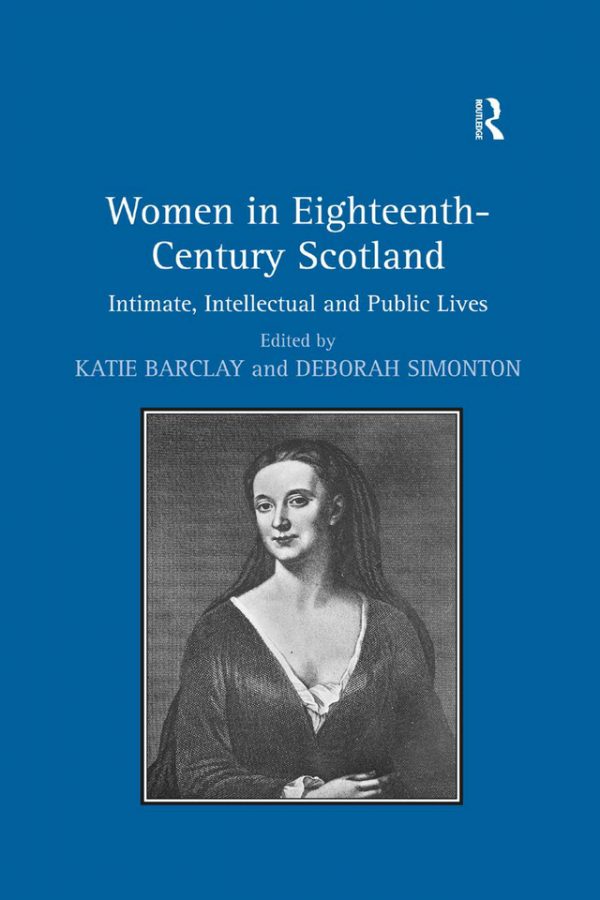Women in Eighteenth-Century Scotland
$59.95 $14.99
This is a digital product.
Lifetime, High Quality, Printable.
The eighteenth century looms large in the Scottish imagination. It is a century that saw the doubling of the population, rapid urbanisation, industrial growth, the political Union of 1707, the Jacobite Rebellions and the Enlightenment – events that were intrinsic to the creation of the modern nation and to putting Scotland on the international map. The impact of the era on modern Scotland can be seen in the numerous buildings named after the luminaries of the period – Adam Smith, David Hume, William Robertson – the endorsement of Robert Burns as the national poet/hero, the preservation of the Culloden battlefield as a tourist attraction, and the physical geographies of its major towns. Yet, while it is a century that remains central to modern constructions of national identity, it is a period associated with men. Until recently, the history of women in eighteenth-century Scotland, with perhaps the honourable exception of Flora McDonald, remained unwritten. Over the last decade however, research on women and gender in Scotland has flourished and we have an increasingly full picture of women’s lives at all social levels across the century. As a result, this is an appropriate moment to reflect on what we know about Scottish women during the eighteenth century, to ask how their history affects the traditional narratives of the period, and to reflect on the implications for a national history of Scotland and Scottish identity. Divided into three sections, covering women’s intimate, intellectual and public lives, this interdisciplinary volume offers articles on women’s work, criminal activity, clothing, family, education, writing, travel and more. Applying tools from history, art anthropology, cultural studies, and English literature, it draws on a wide-range of sources, from the written to the visual, to highlight the diversity of women’s experiences and to challenge current male-centric historiographies.
Additional ISBNs: 9781138379831, 1138379832, 9781134774920, 1134774923
Q & A
Ask a question
Your question will be answered by a store representative or other customers.
This site is protected by reCAPTCHA and the Google Privacy Policy and Terms of Service apply.
Thank you for the question!
Your question has been received and will be answered soon. Please do not submit the same question again.
Error
An error occurred when saving your question. Please report it to the website administrator. Additional information:
Add an answer
This site is protected by reCAPTCHA and the Google Privacy Policy and Terms of Service apply.
Thank you for the answer!
Your answer has been received and will be published soon. Please do not submit the same answer again.
Error
An error occurred when saving your answer. Please report it to the website administrator. Additional information:
File formart download: PDF or EPUB. (You will receive a download link for the file in one of two formats: PDF or EPUB.)
Enter your Email correctly. Download link is sent to your Email.
Related products
History
History
General
History
History
General
Ancient














Reviews
There are no reviews yet